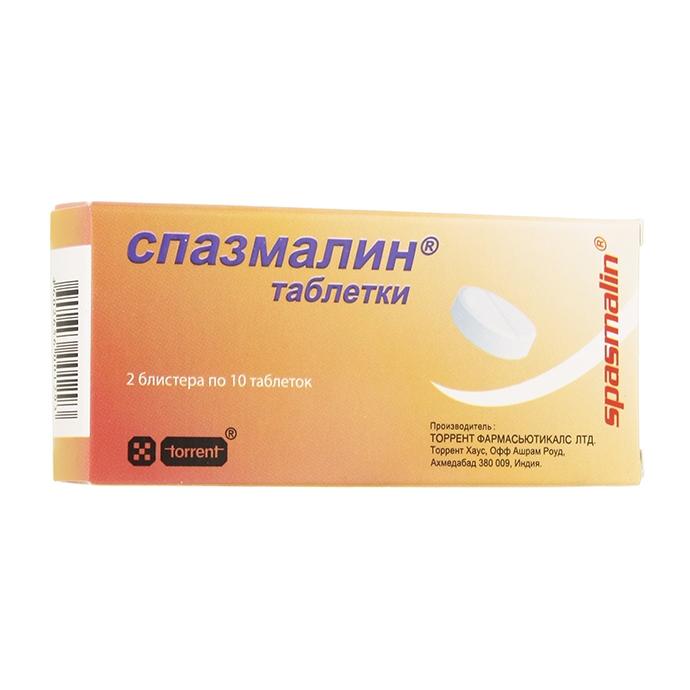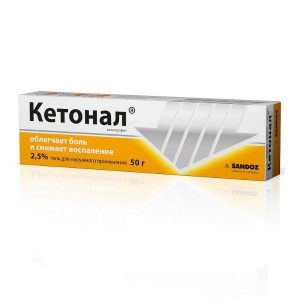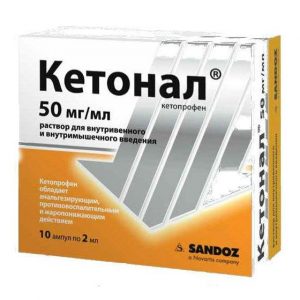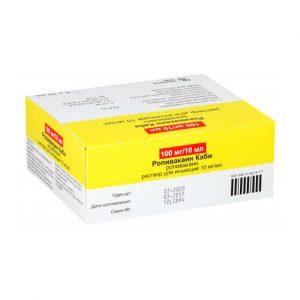Description
Latin name
Spasmalin
packaging 20 pcs
Pharmacological action
Spasmalin has an analgesic, antipyretic, antispasmodic effect.
Indications
Pain syndrome for spasms of smooth muscles of internal organs: renal colic
biliary colic
algodismenorea.
Short-term symptomatic therapy for: arthralgia
neuralgia
sciatica
myalgia.
To reduce pain after surgical and diagnostic procedures (as an adjuvant).
Contraindications
granulocytopenia,
diseases of the hematopoietic system
severe liver dysfunction
severe renal dysfunction
glucose-6-phosphate dehydrogenase deficiency
tachyarrhythmia
acute intermittent porphyria
malignant benign benign benign benign malignant gland or body weight less than 5 kg)
hypersensitivity to Spazmalin components, to pyrazolone derivatives (for example, butadione), to NP C and analgesics, antipyretics.
Use during pregnancy and lactation
Contraindicated in pregnancy and lactation.
Composition
1 tablet contains 500 mg metamizole sodium, pitophenone hydrochloride 5 mg, fenpiverinium bromide 0.1 mg
Dosage and administration of
Spasmaline is taken orally, better after eating.
Adults and children over 15 years of age usually 1-2 tablets. 2-3 times a day. The daily dose should not exceed 6 tablets.
Duration of admission is no more than 5 days. An increase in the daily dose of Spazmalin or the duration of treatment is possible only under the supervision of a doctor. For children, the drug is used only as directed by a doctor.
Dosage for children 6-8 years old – 0.5 tab., 9-12 years – 3/4 tab., 13-15 years – 1 tab. 2-3 times a day.
Other dosage regimens are possible only after consultation with a doctor.
Side effects
From the digestive system: in isolated cases – burning sensation in the epigastric region, dry mouth.
From the cardiovascular system: possibly – lowering blood pressure, tachycardia, cyanosis.
From the hemopoietic system: with prolonged use in some cases – thrombocytopenia, leukopenia, agranulocytosis.
From the side of the central nervous system: dizziness is possible very rarely – paresis of accommodation in isolated cases – headache.
From the urinary system: rarely (usually with prolonged use or when used in high doses) – impaired renal function, oliguria, anuria, proteinuria, interstitial nephritis, red staining of urine very rarely – urinary retention.
Allergic reactions: sometimes – a skin rash, itching is very rare – anaphylactic shock in some cases – malignant exudative erythema (Stevens-Johnson syndrome), toxic epidermal necrolysis (Lyell syndrome) with a predisposition to bronchospasm – provoking an attack.
Other: very rare – decreased sweating.
Drug Interaction
Concomitant use of Spasmaline with other non-opioid analgesics may result in mutually reinforcing effects.
When used concurrently with tricyclic antidepressants, oral contraceptives, allopurinol impair the metabolism of sodium metamizole in the liver and increase its toxicity.
With the simultaneous use of barbiturates, phenylbutazone and other inducers of microsomal liver enzymes attenuate the action of sodium metamizole.
With concomitant administration, Spasmaline reduces the concentration of cyclosporine in blood plasma.
When used concurrently, sedatives and tranquilizers enhance the analgesic effect of Spasmaline.
When used with histamine H1 receptor blockers, butyrophenones, phenothiazines, amantadine and quinidine, the m-cholinolytic action of the drugs may be enhanced.
When combined with ethanol, the effects can be mutually reinforced.
Overdose
Symptoms: vomiting, decreased blood pressure, drowsiness, confusion, nausea, epigastric pain, impaired liver and kidney function, convulsions.
Treatment: gastric lavage, administration of activated charcoal, if necessary, conduct symptomatic therapy.
Storage conditions
In the dark place at a temperature of no higher than 25 ° C.
Expiration
3 years.
Dispensing conditions from
pharmacies Without a prescription
tablet dosage form
Formulation
Torrent, India




